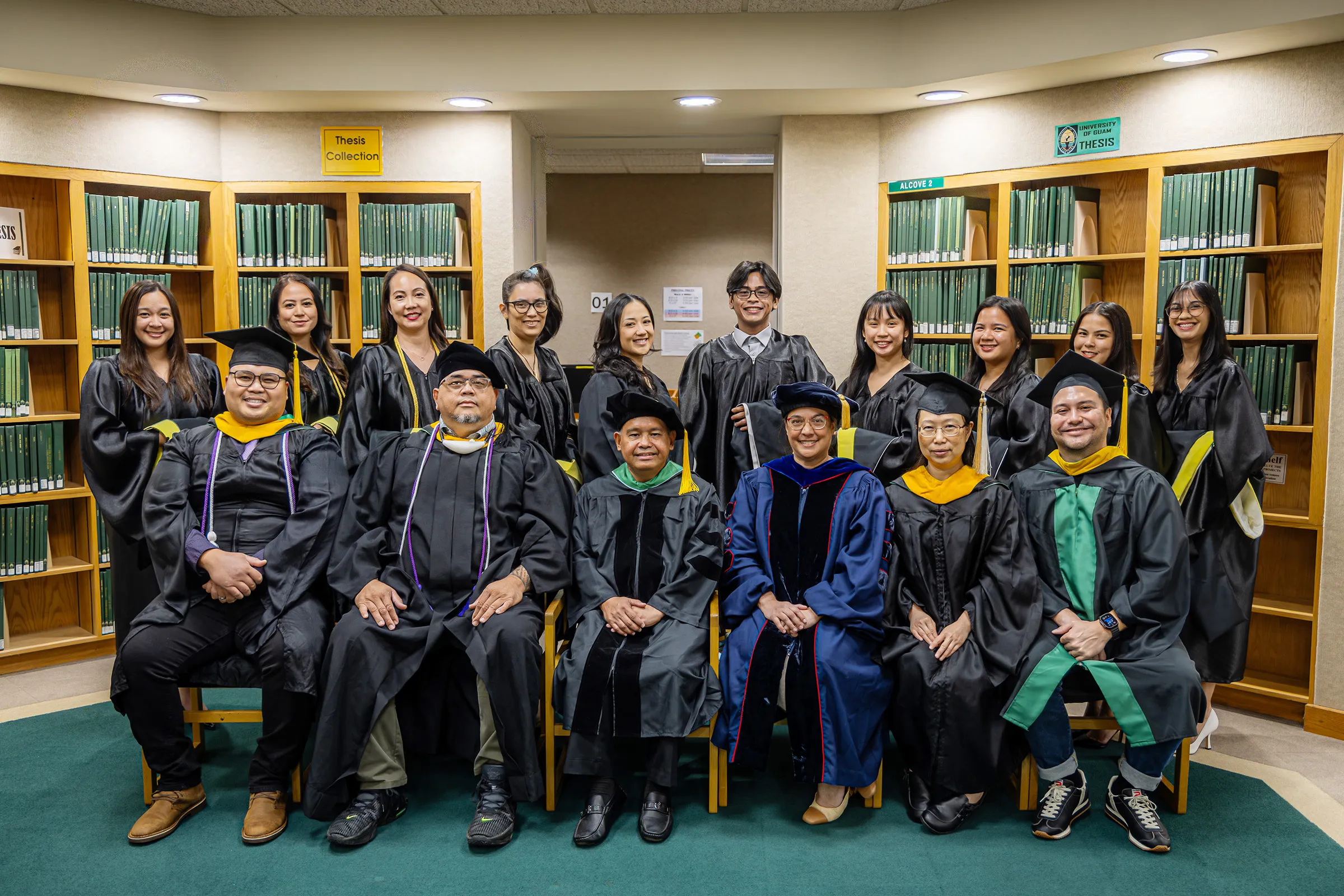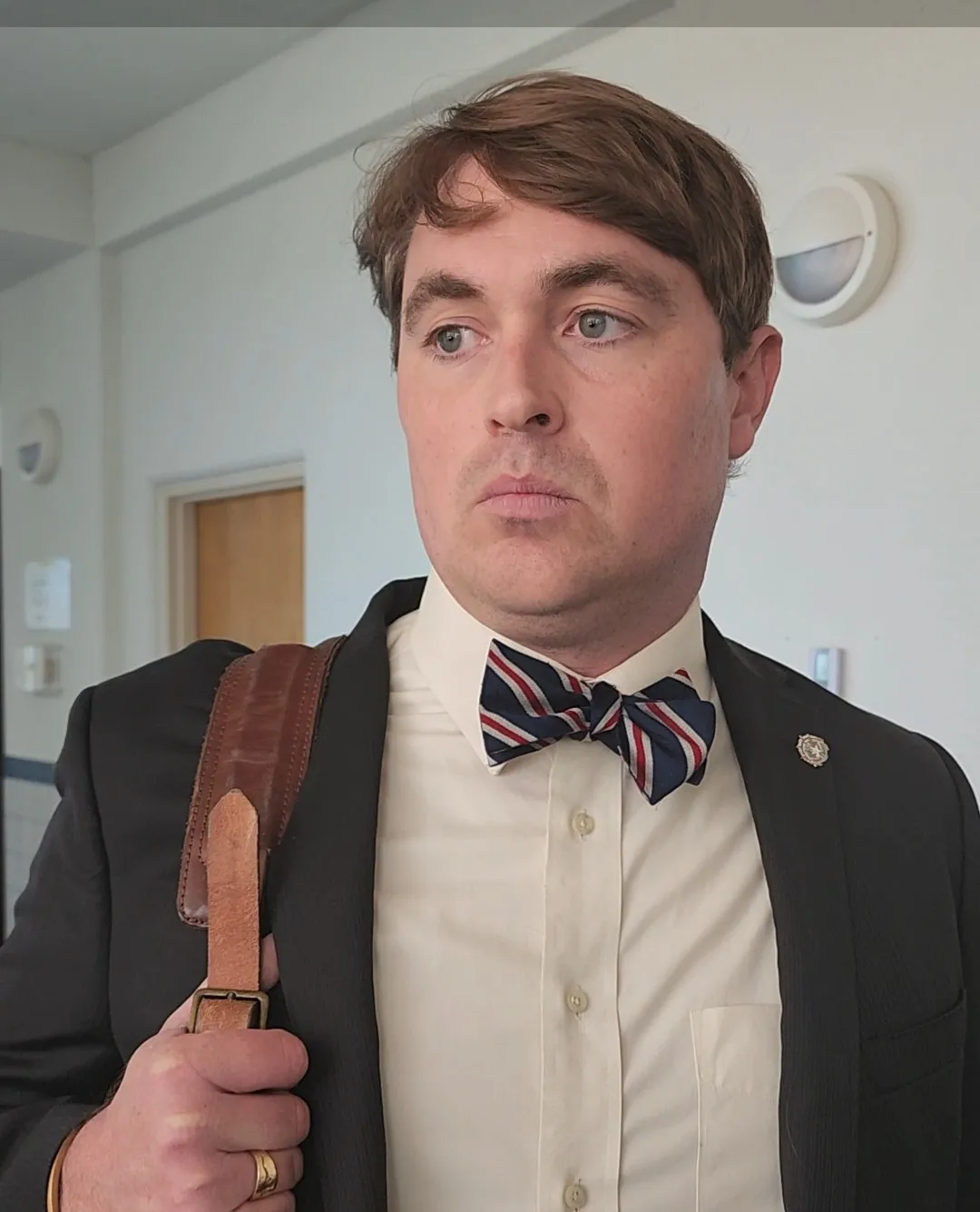By BC Cook
WHEN a natural disaster occurs in the islands: tsunami, earthquake, volcano, or typhoon, there is a similar pattern of events. Usually there is little warning of the danger. Even if there was, it would not make much difference because living on an island severely limits a person’s choices about how to respond.
Sometimes we cannot get out of harm’s way, but have to hunker down and ride it out. When the disaster occurs there is mass activity as everyone sees to the survival of themselves and their loved ones. Once the disaster has passed we rebuild our lives the best we can, but some things will never be the same. Perhaps loved ones were injured or killed, houses were destroyed, jobs vanished. That is what happened to Rabaul.
In 1994 a volcano at Rabaul on the island of New Britain (next to New Guinea) erupted and wiped out the town. Here are excerpts from an interview with Beddie Jubilee, a woman who lived there and assisted with the evacuation and resettlement efforts. The entire interview can be found in the September 2000 issue of Focus magazine:
“Thinking back to the 1994 eruption, I was actually among the people living in the urban area, especially Rabaul Town just before the eruption. Just remembering back, people organized themselves, knowing the signs and knowing the stories told by their forefathers of the 1937 eruption.
“Initially there was a sense of excitement but that disappeared when we saw the damage that had been done. Then we were in a state of shock. We began thinking, what is next?
“The displacement caused a big dislocation and people were put together, regardless of where they came from, in care centers that were set up by the Government. So our role was to make sure that everybody was provided for in terms of clothing and food. At the same time, we had to make sure there was a counseling program in place especially for the traumatized. I think, by the second week into the disaster, everybody was settled but there were a lot of social issues springing up including domestic violence.
“The intention of the Government was to relocate them so they had somewhere to live. Many people thought that as soon as the volcanic disaster was over and everything was back to normal they’d be able to return to their villages of origin. People whose villages were completely destroyed weren’t happy initially with the resettlements.”
The city of Rabaul is no more. Although a few rugged islanders are trying to rebuild in the volcano zone the government discourages anyone from living in the area because the volcano will probably erupt again. In the case of Rabaul very few people were killed because a plan was in place and everyone followed the evacuation instructions. It will take the survivors years to carve out lives for themselves in other towns, but islanders have a way of helping each other in times of disaster like this.
Dr. BC Cook taught history for 30 years and is a director and Pacific historian at Sealark Exploration (sealarkexploration.org). He currently lives in Hawaii.










